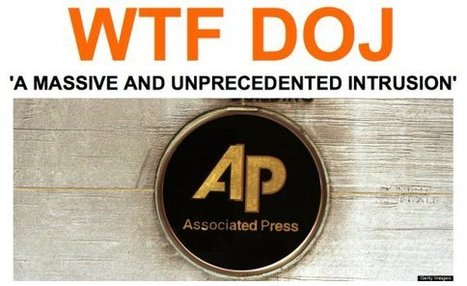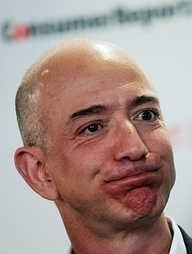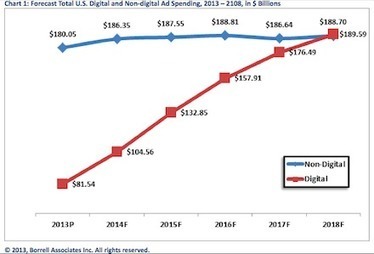When we at HuffPost Media started talking about what 2013 was like in the media world, we kept coming back to one word: "insane." It's a sentiment that's almost always hyperbolic, but, in this case, we're sticking with it....
If the DOJ's operations showed how dangerous the White House apparently considered journalists to be, the publication of the Edward Snowden leaks by the Guardian, the Post, the Times and other outlets around the world—including, in one instance, The Huffington Post—provided a perfect example of why. People searching for a better case for the impact journalism can have would be hard-pressed to find one.
The revelations sparked international outcry and debate, turned journalist Glenn Greenwald into a global celebrity, and led to an eye-poppingly brutal response from the British government.The UK's hostility towards the Guardian was breathtaking, even to Americans who had just recently been condemning their own government's excesses. Prime Minister David Cameron's government dispatched civil servants to the paper's offices, where editors were told in no uncertain terms that they could either destroy the hard drives containing the Snowden documents or face crippling legal action. (The paper complied, since it had copies in other countries.)...



 Your new post is loading...
Your new post is loading...










Interesting perspective on the year in journalism and what lies ahead.